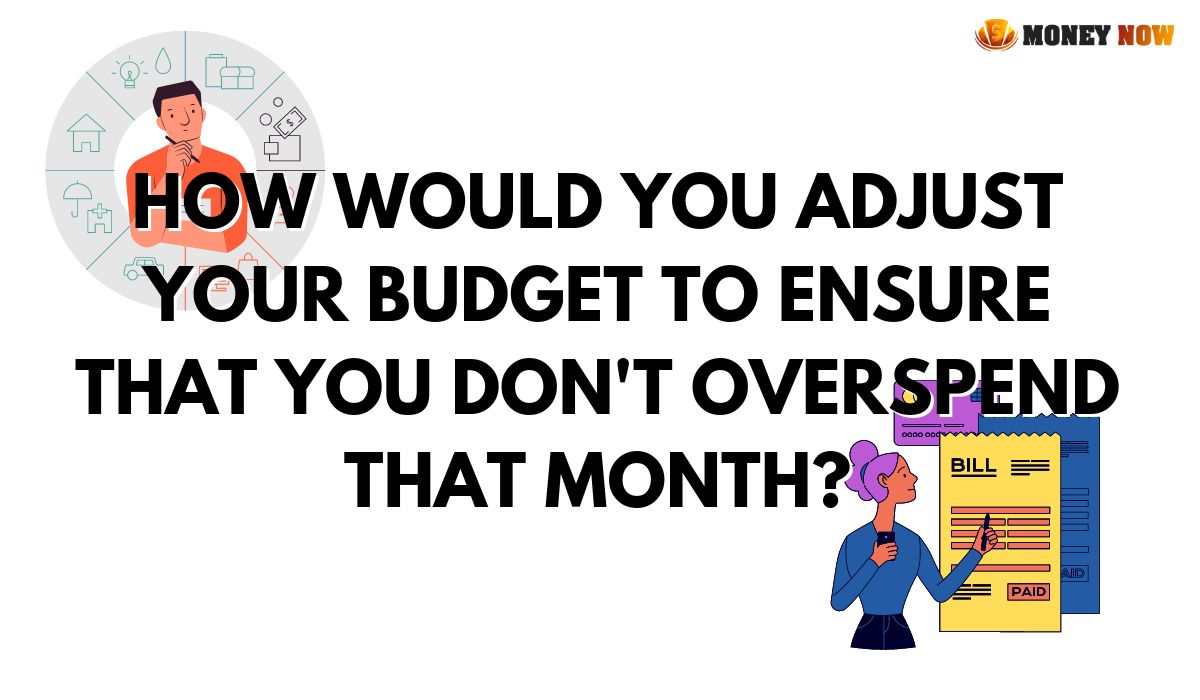
Managing your finances effectively is key to a prosperous and stress-free life. This comprehensive guide explains the strategies for keeping your budget balanced and avoiding overspending. From tracking your expenses to adjusting your habits, we provide actionable steps and insights to help you maintain financial control.
Before making any adjustments, it's essential to have a clear understanding of your current financial situation. This involves:
Analyzing Your Income: Knowing your total monthly income is the first step.
Tracking Your Expenses: Keep a detailed record of all your monthly expenses.
Identifying Financial Goals: Set short-term and long-term financial objectives.
Dividing your expenses into categories helps in understanding where your money goes. Categories typically include:
Fixed Expenses: Rent, mortgage, insurance, and other predictable costs.
Variable Expenses: Groceries, entertainment, and other fluctuating costs.
Non-Essential Expenses: Luxuries and discretionary spending.
Several budgeting methods can help control spending:
The 50/30/20 Rule: Allocating 50% of income to necessities, 30% to wants, and 20% to savings.
Envelope System: Using cash for different spending categories to avoid overspending.
Zero-Based Budgeting: Assigning every dollar of income to a specific expense, including savings.
Technology can simplify budget management. Consider:
Budgeting Software: Programs like Mint or YNAB for tracking income and expenses.
Automated Savings: Setting up automatic transfers to a savings account.
Alerts and Notifications: Use your banking app to set alerts for low balances or large transactions.
Making small changes can have a big impact:
Cutting Back on Non-Essentials: Reducing dining out, subscriptions, and impulse purchases.
Seeking Cost-Effective Alternatives: Opting for more affordable brands or products.
Practicing Mindful Spending: Being more conscious of your purchasing decisions.
Properly managing debt is key:
Prioritizing High-Interest Debts: Focus on paying off high-interest loans first.
Refinancing Options: Consider refinancing high-interest debts to lower rates.
Emergency Fund: Build an emergency fund to avoid new debts for unforeseen expenses.
Your budget should be dynamic:
Monthly Reviews: Assess your budget monthly and make necessary adjustments.
Adapting to Changes: Be flexible to adjust to life changes, like a new job or unexpected expenses.
Setting Realistic Goals: Ensure your budgeting goals are achievable and sustainable.
Learn to distinguish necessities from luxuries to prioritize spending.
Compare the advantages of cash (limiting overspending) versus cards (tracking expenses).
Explore techniques like waiting periods or shopping lists to curb spontaneous buying.
Understand the role of clear financial objectives in guiding spending and saving habits.
Learn how a structured budget can be a tool in planning for and reducing debt.
Discover how increasing your financial literacy can empower better budgeting and spending decisions.
Adjusting your budget to avoid overspending requires understanding your finances, categorizing expenses, implementing effective budgeting techniques, utilizing technology, changing spending habits, managing debts, and regularly reviewing your budget. Following these steps can help you maintain a healthy financial balance and achieve your financial goals.
Our detailed guide explains how to budget for a 50k salary. Learn more by visiting Money Now and exploring our comprehensive resources.
